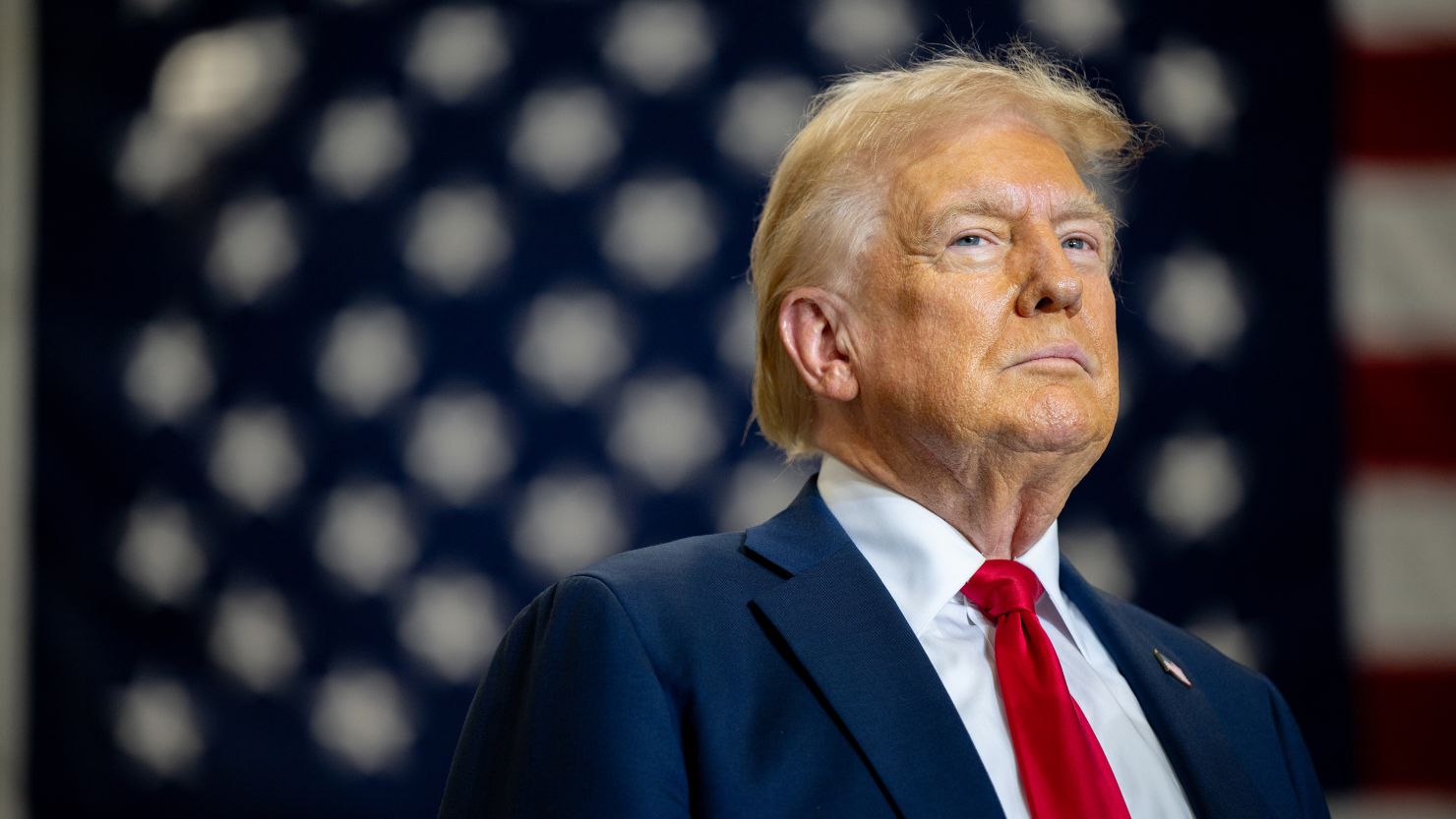Hi everyone, welcome back to another Distributed Ledger. This is Anushree Dave, crypto reporter at MarketWatch.
Coinbase
COIN
made headlines again this week after the company took legal action against the U.S. Securities and Exchange Commission. On Monday, Coinbase asked the federal court to force the SEC to respond to its crypto-regulation petition.
For context, that petition dates back to July 2022, and it was created to request that the SEC propose and adopt rules to govern the regulation of securities that are offered and traded digitally.
The lawsuit against the SEC comes just a month after the Commission hit Coinbase with a Wells notice, identifying potential violations of securities laws that might spur it to take legal action. Coinbase’s CEO Brian Armstrong said in March that the notice came after nine months of back-and-forth between the SEC.
In short, Coinbase wants clear regulations around how to operate, but the SEC has not yet provided those for the company to operate. What does that mean for the industry more broadly? Read below for more.
You can find me on Twitter at @anu__dave to share any thoughts on crypto, this newsletter, or your personal stories with digital assets.
Coinbase wants answers
Crypto industry insiders are hopeful that Coinbase’s latest move against the SEC will provide clarity for U.S. based crypto companies.
“To date, the SEC has largely relied on regulation through enforcement, creating an atmosphere of uncertainty and mistrust in the crypto markets,” said Rahsan Boykin, General Counsel at Hashflow, a decentralized exchange. “This approach is not a sustainable way to regulate a rapidly evolving industry.”
Last week, the European Union became the largest jurisdiction to approve clear and comprehensive crypto rules by passing what’s called the Markets in Crypto Assets (MiCA) law. The law provides protections for retail investors, states that companies should be held liable for lost customer funds in case of a cyberattack, and much more. Boykin hopes that the latest move by Coinbase forces the SEC to create similar laws in the U.S.
Some worry that without proper regulations, crypto companies will flee to other markets to operate.
“An increasing number of new projects in the blockchain space are avoiding the U.S., and we don’t see this trend abating until there is better regulatory clarity,” said Scott Freeman, Co-Founder and Partner at JST Capital, a financial services firm in the digital asset space. “Blockchains and digital assets are not going away and it would be a shame if the U.S. misses out on the innovation.”
But Yesha Yadav, law professor at Vanderbilt University, who focuses on financial market regulation, securities regulation, and cryptocurrencies says going abroad is not an easy fix to the issues in the U.S.
“Going abroad is not necessarily just a guaranteed success. Even if you do go abroad there’s lots of competition,” said Yadav. “For example, Binance.com is the big competition for exchanges seeking to go abroad, so you know, there are players that have competitive advantages looking externally. Those are costs that industry folks have to reckon with. If they do think about going offshore, it’s not a freebie and success is not guaranteed simply because U.S. enforcement might not be as strong.”
Binance terminates Voyager deal
Crypto exchange Binance announced on Tuesday that it will terminate an agreement to purchase Voyager Digital Holdings, a bankrupt crypto brokerage, in a deal that would’ve been $1.3 billion.
On Tuesday, Binance tweeted that “the hostile and uncertain regulatory climate in the United States has introduced an unpredictable operating environment impacting the entire American business community.”
MarketWatch’s Frances Yue wrote more about it here.
Ray Dalio compares bitcoin to gold
Hedge fund billionaire Ray Dalio, who founded Bridgewater Associates, shared this week that he owns a “little bit” of bitcoin, but “doesn’t understand” why people are more inclined to go to bitcoin than gold. He has shared similar views in the past, but what was interesting about this week’s comments is that he was skeptical of the token despite its recent rally.
I wrote about Dalio’s comments here.
Crypto in a snap
Bitcoin
BTCUSD
is up 1.34% this week, and was trading at $29, 049 on Thursday, according to CoinDesk data. Ether
ETHE
is down 2.50% in the past 7 days, trading at $1,891 on Thursday, according to CoinDesk data.
| Biggest gainers | Price | %7-day return |
| Kaspa | $0.03 | 29.5% |
| Render | $2.30 | 19.9% |
| MultiversX | $44.44 | 11.6% |
| Cronos | $0.07 | 11.1% |
| Injective | $9.11 | 10.3% |
| Source: CoinGecko |
| Biggest decliners | Price | %7-day return |
| PancakeSwap | $2.62 | -23.4% |
| Optimism | $2.18 | -14.1% |
| Synthetix Network | $2.44 | -13.8% |
| Aptos | $10.15 | -10.7% |
| Decentraland | $0.55 | -10.4% |
| Source: CoinGecko |
Must reads
- First EU-Wide Crypto Regulations Clear Final Parliament Vote [Bloomberg]
- What happens to your crypto when you die? [TechCrunch]
Credit: Source link















































